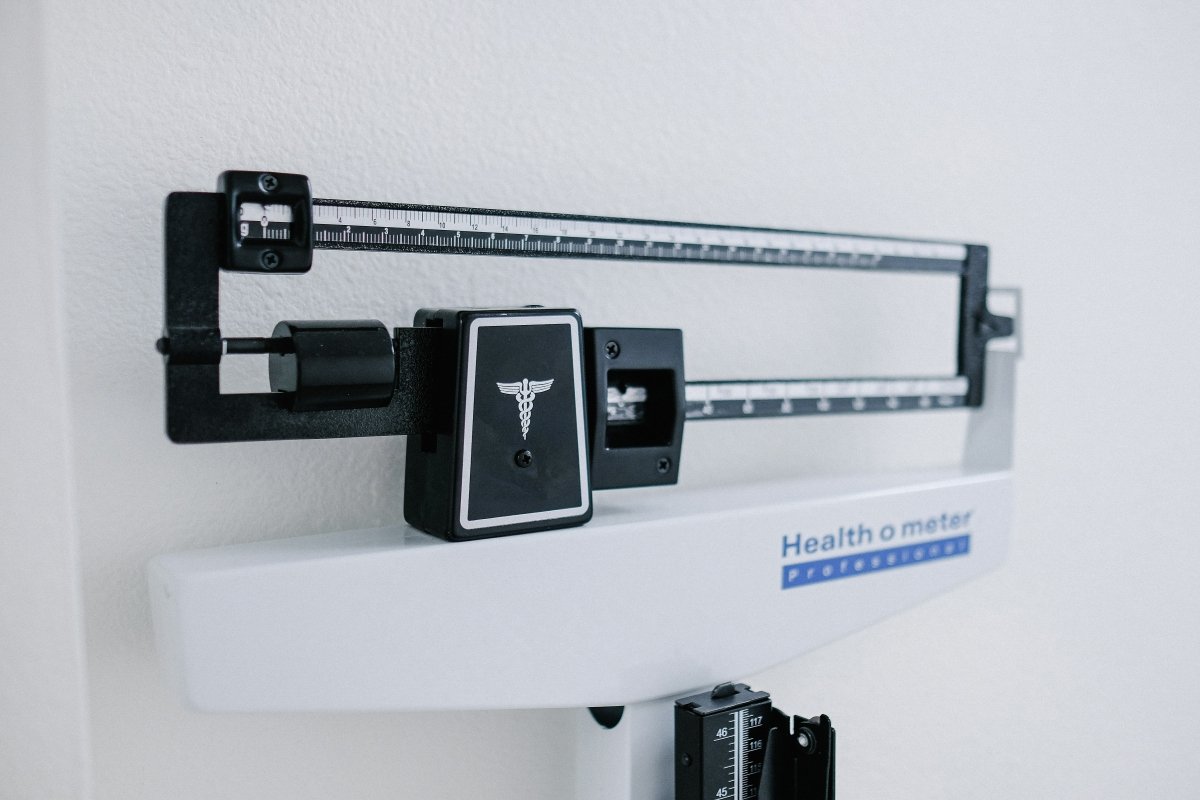Weight-loss medication can be an effective tool for achieving and maintaining a healthy weight, but it is crucial to complement this with an appropriate diet. Recent evidence-based guidelines provide clear recommendations to ensure nutritional needs are met while supporting weight loss.
Caloric Intake Recommendations
For optimal results, the daily caloric intake should be carefully monitored:
- Women: 1,200 to 1,500 calories
- Men: 1,500 to 1,800 calories
Essential Nutrients Breakdown
A balanced diet is essential to support overall health while on weight-loss medication. Here's how to structure your daily food intake:
Protein
Aim for more than 60 to 70 grams of protein each day. Ideal sources include:
- Beans
- Seafood
- Lean meat
- Poultry
- Low-fat dairy
- Eggs
Carbohydrates
Healthy carbohydrates should make up 45% to 65% of your total energy intake, with added sugars limited to less than 10% of total intake. Recommended sources are:
- Whole grains
- Nuts and seeds
- Fruits
- Vegetables
- Dairy
Fats
Fats should constitute 20% to 35% of your energy intake. Limit saturated fats to less than 10% of total intake. Recommended sources include:
- Nuts and seeds
- Avocado
- Vegetable oil
- Fatty fish and seafood
Avoid fried and high-fat foods due to potential gastrointestinal side effects associated with weight-loss drugs.
Fiber
Daily fiber intake should be:
- Women: 21 to 25 grams
- Men: 30 to 38 grams
Good sources of fiber are fruits, vegetables, and whole grains. If dietary sources are insufficient, a fiber supplement can be beneficial.
Fluid Intake
Maintain adequate hydration by consuming two to three liters of fluids daily, including:
- Water
- Low-calorie beverages
- Low-fat dairy
Limit or avoid caffeine.
Supplementation
To ensure you meet your daily micronutrient needs, consider taking a multivitamin, as well as calcium and vitamin D supplements.
By following these guidelines, individuals on weight-loss medication can maximise their health benefits and ensure they receive the necessary nutrients to support their overall well-being. Always consult with a healthcare provider before making any significant changes to your diet or supplement regimen.





Share:
Keys to Weight Loss & Semaglutide Related Qs
Are You Getting Enough Iron?